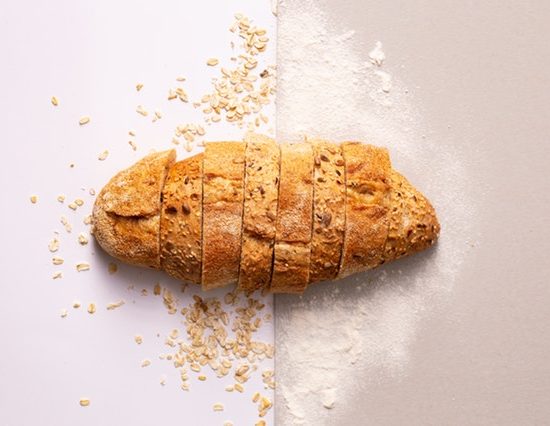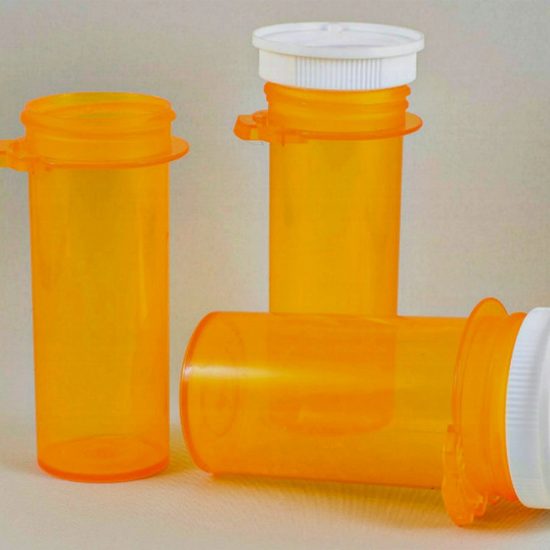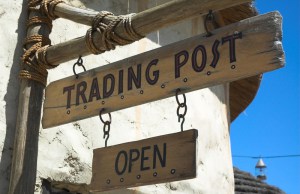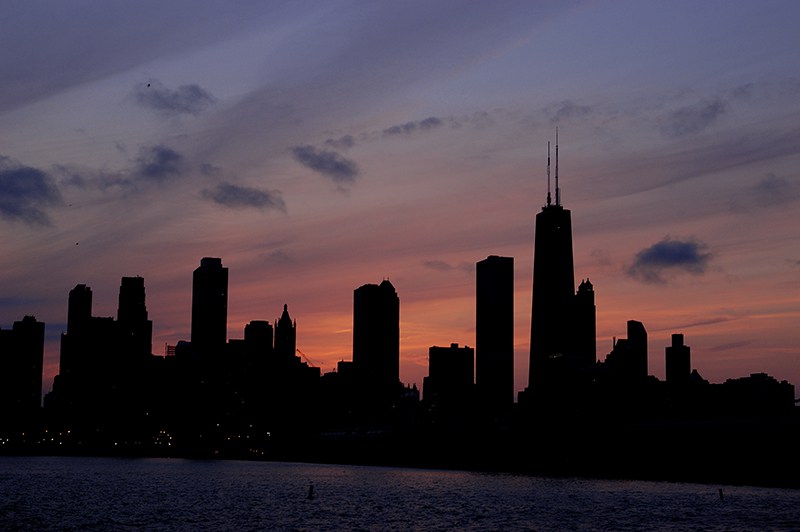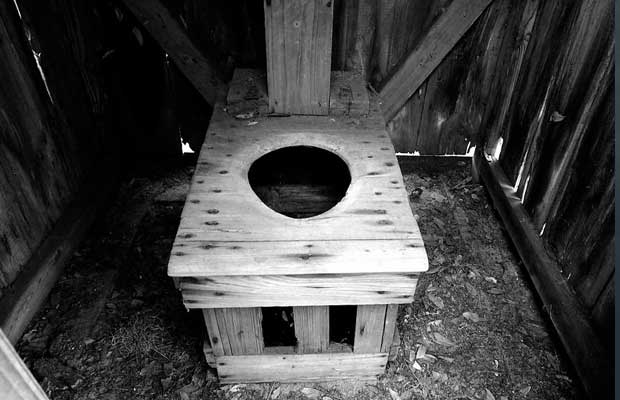
Welcome back to our series on the 5 things you need to go off grid now, where we began with the premise that going “off grid” might not be something that as Preppers you elect to do for the sake of your family in hopes of greater harmony with Mother Nature. The “Grid” might simply take the kids and leave you in the middle of the night like Katie Holmes did to Tom. You wake up and something is wrong but it takes you a few minutes to realize your world has changed – in a big way.
To prevent something like this from taking you completely by surprise, or rendering you helpless when you least expect it; we can make plans now to prevent a loss of the grid from being as awful. It could save your marriage too. Well, maybe. I made that last one up, but if making your spouse’s life better and providing for their survival earns you points, this is something to consider.
In the first article in the series we talked about the importance of not only having water stored, but developing a renewable source of water for your family’s needs. If the grid down emergency lasts longer than the amount of water you have stored for emergencies, you will need to collect and filter water; possibly in significant amounts.
After water, we discussed planning for food that will feed your family which would not only take care of short-term emergencies but also allowed you to sustain yourself and your family for longer durations. Long term food storage, gardens and even raising livestock were discussed as part of a balanced plan of food preparedness that can benefit you now as well as if the grid went down.
So you have food and water taken care of or at least an idea on how to start prepping for these essentials in your family plan. What next?
Sanitation and Hygiene
What goes in must come out. Yes, I know this concept isn’t the sexiest out there, but everybody has to go, sooner or later and we have to have a plan for dealing with “the poop” when it hits the fan. What about electricity or transportation or something else like that? We will get to other items, but sanitation and hygiene are so much more important to the overall health of your family that I chose to deal with them first. Not having electricity won’t kill you, unless you rely on it to live as in life support or breathing machines. Getting sick from germs can kill and frequently does kill in disaster scenarios.
In January of 2010 you may remember the earthquake in Haiti that caused tremendous loss of life, but even after the direct effects of the earthquake stopped, the risk of death from disease only became worse. Ten months after the earthquake, cases of Cholera began to spring up. Cholera is an acute intestinal infection causing profuse diarrhea, vomiting, circulatory collapse and shock. If left untreated, 25-50% of severe cases of Cholera can be fatal.
How do people get Cholera? They get Cholera by drinking water or eating food contaminated with the cholera bacterium – which usually comes from fecal contamination of water or foods. How does food and water get fecally contaminated? Poor or non-existent Sanitation and Hygiene. In Haiti alone from that earthquake they estimate that over 470,000 cases of cholera have been reported. But cholera isn’t the only disease you have to worry about. Poor sanitation can cause Intestinal worms, Schistosomiasis, Trachoma and a whole host of others. We want to have a plan for keeping these germs away from your family so that illness like cholera, which can be prevented doesn’t show up on your door.
Waste Removal

So the grid goes down and you need to go to the bathroom. Can’t you simply go in the toilet or just find a good spot in the yard and let her rip? It really depends on what infrastructure is in place and what services are functioning. If the septic or sewer systems are still functioning, you can use the toilet in your home. The only thing you need is water to flush the waste down and out of your home. If this isn’t possible you have to make other accommodations and since we are talking about the grid going down we have to assume that water isn’t flowing.
Waste needs to be eliminated and you have to do this in a way that does not contaminate water supplies and can be covered to prevent flies and other insects from spreading disease. Human waste should be kept at least 150 away from the nearest water source and you can create grid-down bathroom facilities in a number of ways. Five gallon buckets with modified lids make a simple option that will allow you to do your business inside and carry the waste, usually in a plastic garbage bag outside for disposal. Keeping a supply of lime to cover the waste is a good idea also and will keep odors down, dirt works in a pinch too.
You can also dig cat holes or slit trenches and get fancy if the need to sanitation lasts for a long time. If the grid actually goes down for more than a few days, you will need to look at a more permanent solution for waste disposal.
Hygiene
 The basics of keeping your cooking utensils clean and germ free.
The basics of keeping your cooking utensils clean and germ free.
Even with waste being kept far away from humans and the water supply, you will still need to practice hygiene to keep surfaces clean that will come in contact with your body or the food you put into your body. Hand washing is an obvious one and you will need to wash your hands to reduce infection. Some people simply plan on stocking up on giant containers of hand-sanitizer but I prefer good old soap and water. Plus you will want to shower occasionally or bathe I am pretty sure. As part of your prepping supplies, you can learn how to make your own soap, or just buy a couple of dozen bars of cheap soap. It won’t go bad and doesn’t need refrigeration.
Along with your hands and body, you will need to keep cooking surfaces clean. You can stock up on paper plates and plastic cutlery but like anything else, that will eventually run out. Plastic spoons can be washed, but you can’t really do that with paper plates so at some point you will need to consider a wash station. This can be as simple as two plastic bins. One with clean, soapy water and the other for rinsing. Keeping your cooking utensils will eliminate the risk of disease and give the slacker in your group something to do if they don’t want to dig another latrine hole.
Tomorrow we will continue on the journey of planning for off grid living in a disaster. I hope you will join us again.


















